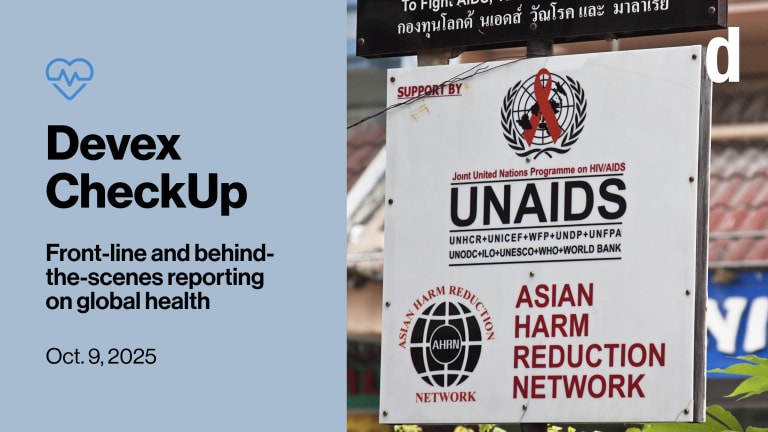World governments on Sunday adopted a sweeping package of reforms at the United Nations Summit of the Future, concluding an ambitious U.N. effort to confront a range of 21st-century challenges, from climate change to growing global poverty, inequality, and the application of artificial intelligence in wartime, which once existed in the realm of science fiction when the U.N. was founded at the end of World War II.
The achievement was welcomed with a rousing round of applause from delegates and celebratory speeches throughout that day by their leaders.
“Our world is going through a time of turbulence and a period of transition,” U.N. Secretary-General António Guterres said after the reforms were passed. “But we cannot wait for perfect conditions,” he added. “We must take the first decisive steps towards updating and reforming international cooperation to make it more networked, fair, and inclusive — now. And today, thanks to your efforts, we have.”
Search for articles
Most Read
- 1
- 2
- 3
- 4
- 5








